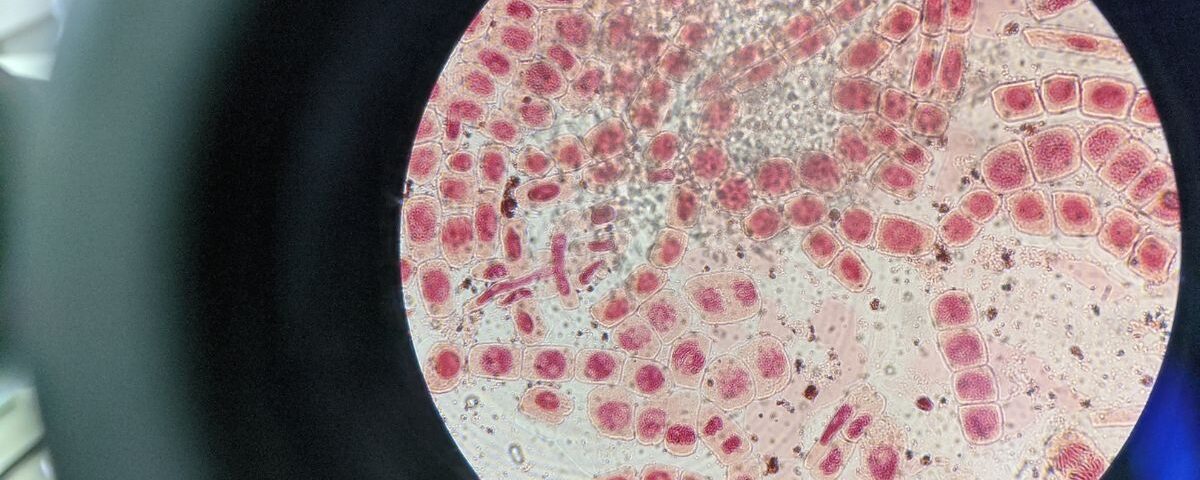When we think of the immune system, we often picture white blood cells—the body’s soldiers marching into battle against viruses and bacteria. But what if we told you that your immune defense has a full cast of unsung heroes working behind the scenes?
From tiny proteins to physical barriers, your immunity is far more complex—and clever—than you might think. Let’s spotlight the hidden heroes that keep you safe, often without you even realizing it.
1. Skin: The First Line of Defense
Yes, your skin isn’t just for looks—it’s a physical fortress.
- Acts as a barrier to block pathogens
- Contains antimicrobial peptides and oils
- Hosts beneficial bacteria that fend off harmful ones
Fact: A single square inch of skin can host millions of microbes, most of which help you!
2. Mucous Membranes & Secretions
Your mouth, nose, eyes, and gut are lined with mucous membranes—moist tissues that trap and destroy invaders.
- Mucus traps pathogens before they enter the body
- Tears and saliva contain lysozymes, enzymes that break down bacteria
- Stomach acid kills most microbes before they reach the intestines
3. Complement System: The Silent Destroyer
The complement system is a network of proteins in your blood that:
- Punctures holes in pathogen membranes
- Flags invaders for destruction by white blood cells
- Amplifies the immune response
Think of it as your immune system’s amplifier and cleanup crew—fast, silent, and powerful.
4. Dendritic Cells: The Messenger Scouts
Dendritic cells don’t attack—they warn.
- Patrol tissues looking for pathogens
- Capture and “present” parts of microbes to T cells
- Kickstart the adaptive immune response
These are your immune system’s intelligence agents, telling the rest of your body how to fight.
5. Cytokines: The Immune System’s Text Messages
Cytokines are tiny signaling proteins that:
- Tell immune cells where to go
- Trigger inflammation when needed
- Help regulate the intensity and duration of the response
Too little cytokine = weak immunity
Too much = dangerous inflammation (cytokine storm)
These are the immune system’s text messages, coordinating attacks in real time.
6. Gut Microbiota: Tiny Allies in Your Belly
Your gut is home to trillions of bacteria, many of which:
- Train your immune system to recognize threats
- Compete with harmful microbes for space and food
- Produce substances that reduce inflammation
Researchers now call the gut the “second brain”—and it plays a surprising role in immunity.
7. Natural Killer (NK) Cells: The Silent Assassins
While technically a type of white blood cell, NK cells deserve a special mention.
- They target infected or cancerous cells
- Kill without prior “training”
- Work quickly to contain early-stage infections
NK cells don’t ask questions—they just act.
8. Fever: The Body’s Natural Heat Shield
Though it feels awful, a fever is a defense mechanism.
- Slows down pathogen replication
- Boosts white blood cell activity
- Signals your body to rest and recover
Tip: Mild fevers help your body fight. Only treat if it gets dangerously high.
Final Thoughts
Your immune system isn’t just white blood cells charging into battle—it’s a highly coordinated, multi-layered defense network. From skin to cytokines, each component plays a unique role in keeping you alive, healthy, and resilient.
So next time you thank your immune system, don’t forget these hidden heroes working behind the scenes.
You’re never fighting alone—your body is always ready.




